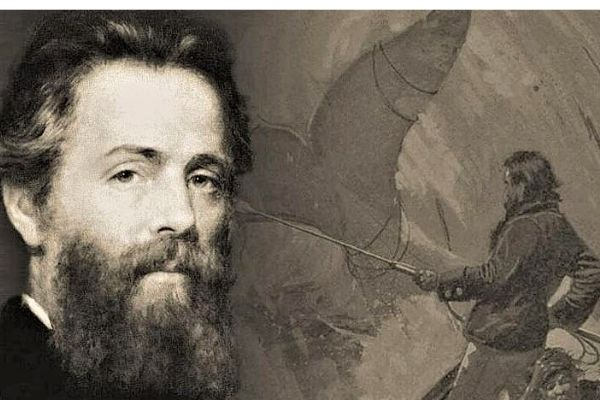Herman Melville's last major work was discovered by accident.
The majority of Melville's books, which were mostly out of print by that point, had a resurgence of popularity on his 100th birthday. The first significant biography of Herman Melville was written by Columbia University literature professor Raymond Weaver in collaboration with the author's literary executor and granddaughter Eleanor Melville Metcalf. Eleanor provided access to the author's materials. In 1919, Weaver found the unfinished draft of Billy Budd in a tin breadbox while sorting through letters and papers. By the time of his passing in 1891, Melville had not finished the short story about a tragic sailor, which he had begun in 1888. Weaver revised the narrative and published it in 1924, but at first, she felt it was "not noteworthy." Billy Budd, according to some academics, was Melville's crowning achievement.
The sailor Billy Budd accidentally kills the demonic master-at-arms after being provoked by a false accusation. He is hanged while a mutiny is being threatened, accepting his death voluntarily. Billy's legacy continues to serve as a symbol of goodness since good has not completely won. Here is at least the tranquility of resignation, if not a declaration of complete reconciliation with life. The last date on the document is April 19, 1891. Melville passed away five months later. His life was neither pleasant nor prosperous in the conventional sense. He was one of the most well-known American authors by the end of the 1840s, but only one obituary was published in response to his passing.









